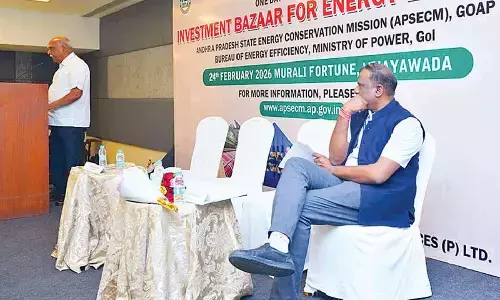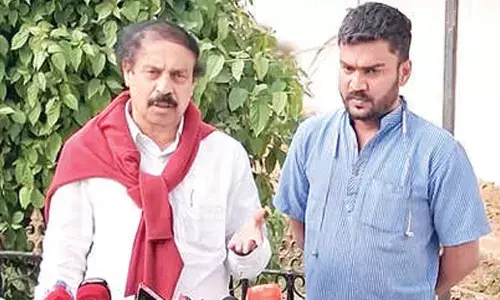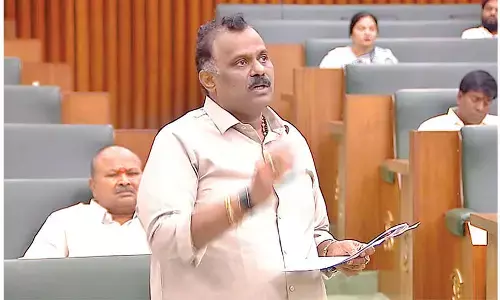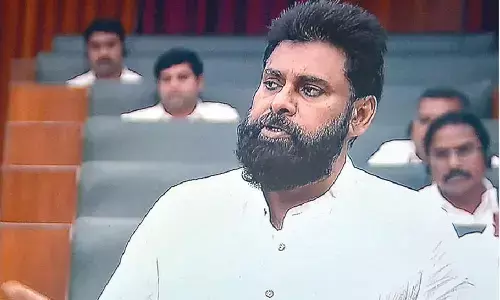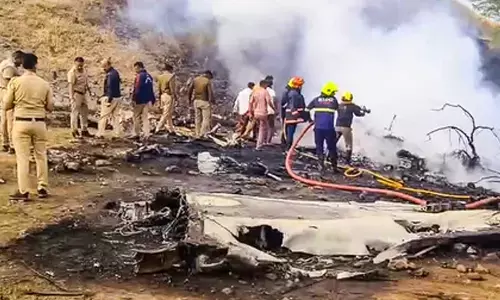Indo-Pak ties to stay strained
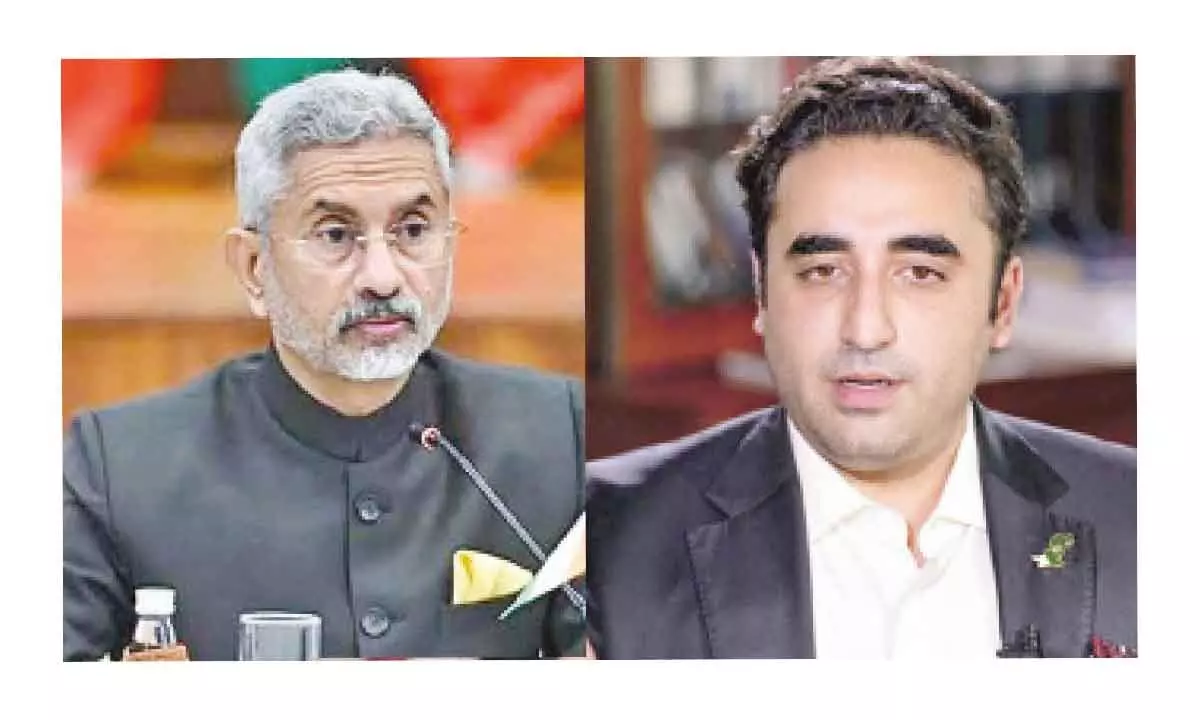
India always maintained that it wants regular neighbourly ties with Pakistan while emphasising that the onus is on Islamabad to create a safe environment for such an engagement. The tough Indian response to both Pakistan and China, mainly stems from its exhaustion with its neighbours, who in spite of several Indian initiatives to better relations, prefer to stick with their age-old stands on the contentious issues
New Delhi: India taking down Pakistan at the Shanghai Cooperation Organisation (SCO) meet is indicative of changing diplomatic might of India. India will not stick to fake goody words any longer. It signals Pakistan about the need to do more to shed the tag of being a global headache on terrorism.
Coming soon after the recent Shanghai Cooperation Council’s (SCO) Defence Ministers’ Summit in New Delhi, India last week hosted the Foreign Ministers of the SCO at Goa. The common thread between these two summits was the tough posturing by India against its two neighbours Pakistan and China.
At the Goa meeting, India’s External Affairs Minister (EAM), S. Jaishankar, revealed that India had twice called out China and Pakistan at the summit for violating India’s sovereignty through their connectivity projects.
The statement was made in response to a question on the China-Pakistan Economic Corridor (CPEC), which runs through Indian territory currently under Pakistan’s illegal occupation.
Earlier, India had sort of reprimanded the Chinese Defence Minister Li Shangfu at the New Delhi meeting, on the issue of the stalled talks over the Line of Actual Control (LAC).
India’s critique of Pakistan
Pakistan’s Foreign Minister Bilawal Bhutto Zardari was in Goa to represent Pakistan at the SCO-CFM. What soured the atmosphere this time in Goa, was references made by Zardari over Kashmir and Pakistan being a victim of terrorism itself. Though he also called for reviving the stalled talks.
India, in a strongly worded response to Pakistan’s overtures for talks, said victims of terrorism do not sit together with perpetrators of terrorism to discuss terror.
Rebutting each of the points made by Zardari, EAM Jaishankar said he (Zardari) was “a promoter, justifier and spokesperson for a terrorism industry which is the mainstay of Pakistan. The tough Indian response came after the news of death of five Indian Army soldiers in a terrorist attack near the Line of Control (LoC) on Friday.” Jaishankar said Bilawal’s suggestion to sit together and talk was “hypocritical” and said India was feeling “outraged” by the incident.
Responding to Zardari’s diatribe, Jaishankar said Bilawal’s opposition to a G-20 meeting to be held in Kashmir had no basis since Pakistan was not even a member of that grouping. On Bilawal’s opening address at the SCO conference where he said the issue of terrorism should not be used to score diplomatic points, the Minister said: “We are not scoring diplomatic points. We are exposing Pakistan. As a victim of terrorism, we are authorised to do so. We have put up with it. It speaks so much about the mindset of that country.” He asked Pakistan to “smell the coffee” regarding its grouse about the abrogation of Article 370 as a violation of international agreements.
Indian response to CPEC EAM
Jaishankar also took an exception at the mention of CPEC at the SCO meeting, both by Pakistan and China. And rightly so, as SCO is a multilateral forum, not a bilateral one and further India’s adversarial stand on the CPEC has been very clear from the beginning, as it passed through the PoK. India has consistently opposed the Belt and Road Initiative and CPEC, as these projects violate India’s territorial integrity and sovereignty.
On his part Bilawal Bhutto Zardari blamed India’s Kashmir policy for the “frozen peace” between India and Pakistan. The India-Pakistan relationship soured significantly after India announced the withdrawal of special powers from Jammu and Kashmir and the division of the state into two union territories in August 2019.
Something very serious is happening in the Poonch-Rajouri border of Jammu and Kashmir. Since October 2021, five targeted terror attacks have been executed and at least 20 soldiers killed.
Despite these, India always maintained that it wants regular neighbourly ties with Pakistan while emphasising that the onus is on Islamabad to create a safe environment for such an engagement.
The tough Indian response to both Pakistan and China, mainly stems from its exhaustion with its neighbours, who in spite of several Indian initiatives to better relations, prefer to stick with their age-old stands on the contentious issues, preferring not to respond positively to any Indian efforts in this regard.
The SCO meet also showed yet again that body language speaks volumes in geopolitics and diplomacy. The distance between the two foreign ministers while posing for photographs was noticeably gaping. However, the cold Indian demeanour, a departure from customary diplomatic niceties, and continuing with its old parroting by the Pakistani Minister were more targeted at their respective domestic audiences. But overall this posturing does not augur well for friendly relations between the neighbours in the foreseeable future.


